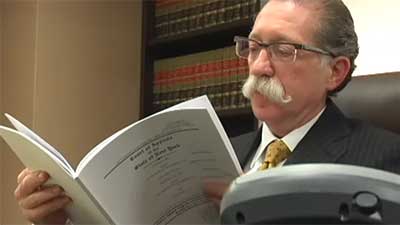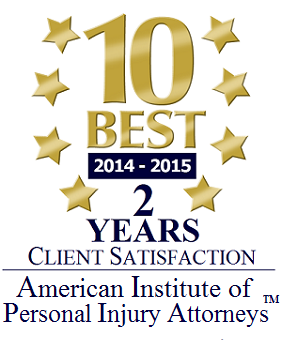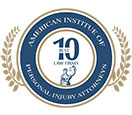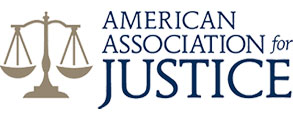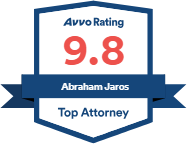Hurt at Work Accident Lawyer
If you were injured while you were at work, the law in New York is that you cannot sue your employer or co-employee, and claim that they were the cause of your injury. When you are injured while you are at work the Workers’ Compensation Law applies. It is a New York State law. If you are hurt on the job you are entitled to receive Workers’ Compensation benefits, which, if you are unable to work, will include a portion of your wages, as well as having your medical bills paid.
There are lawyers who specialize in the Workers’ Compensation Law and in helping you obtain your Workers’ Compensation benefits. However, if you want to sue for your past and future pain and suffering as well as your future medical bills and lost wages then you must bring what is called a “third party lawsuit”.
A “third party lawsuit” is when you sue other entities that were not your employer, if you believe that they were all, or even partially, responsible for causing your injuries, these entities are then called “third-parties". For example, if you are a delivery person who was making a delivery and you fell over a broken step, a box, a broken driveway, etc., you can sue the homeowner or the business to whom you were making the delivery as they are not your employer.
A “third-party" is someone other than your employer who may be held responsible for causing your injury. This may be the owner of the building or the owner of the land or it may be the general contractor or a sub-contractor or the seller, manufacturer or lessor of a machine or other device.
This is why it is important to first contact a personal injury attorney with experience in identifying and suing “third parties”. If you are entitled to also receive Workers’ Compensation benefits from your employer’s insurance company your personal injury attorney will give you that advice as well.
It takes an experienced personal injury attorney to identify and recognize when you can and who to sue in a “third party action”. For example, if you are hired for a job that is particularly susceptible to being injured, such as if you are a construction worker and fall off of a ladder or a scaffold while working at a construction site, under a specific section of the New York State Labor Law, §240, you can sue not only the owner of the building but also the owner of the land. If you are working for a subcontractor on a construction job you may be able to sue the general contractor and/or a different sub-contractor as well as the owner of the building or land. The only entity you cannot sue is your employer.
If, as a construction worker, you are given a tool such as a drill, saw, grinder, or other piece of equipment, which is missing a safety guard or is otherwise defective, the owner and the general and subcontractors may all be held responsible under §241(6) of the New York State Labor Law, if you were injured while using the defective equipment.
You still have the right to obtain your Workers’ Compensation benefits and also the right to sue a third-party to obtain compensation for your injuries. It also does not matter if you are a legal citizen of the United States or if you are an illegal immigrant.
It does not matter if you were working in what is known as “off the books" and being paid in cash and did not file your taxes-you still have the right to bring a lawsuit to recover compensation for your injuries if you were hurt while working. It doesn’t matter whether you were working on the books or off the books; you just have to prove that you were working when you were injured.
What is important for you to know is that the law in New York provides special protections and the right to sue for construction workers who are employed in dangerous work and are injured while on the job.
However, aside from construction workers who have the special protection of New York’s Labor Law, if you are hurt on the job in any other type of job that is not construction you may also be entitled to sue for compensation.
For example, we represented a worker who was injured while using a conveyor system on his job and we sued the conveyor company for his injuries, claiming that the conveyor was not safe and was dangerous; we have sued an elevator company for a worker who was injured while on the job claiming that the elevator was unsafe as in one case it had misleveled and in another the door did not close properly; we have sued for defective and dangerous lifts, ramps ladders and stairs on which our clients were injured. These are all known as “third-party lawsuits".
At Jaroslawicz and Jaros our firm has been in practice for over 40 years with our lawyers having over 300 years of combined experience. If you look at our past results page you will see over one hundred clients that have received over $1 million for their injuries in our past verdicts and settlements. Most of them were from “third-party lawsuits".
What you need to understand is that if you are hurt on the job, in addition to your rights to obtain your Workers’ Compensation benefits, if your injury is even partially the fault of a third-party, you also have a right to sue that party for your past and future pain and suffering, your lost wages and loss of future earnings capacity as well as for your past and future medical bills.







